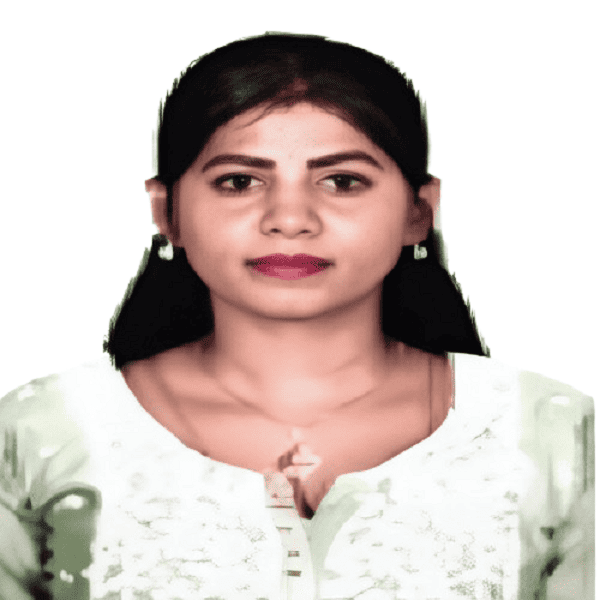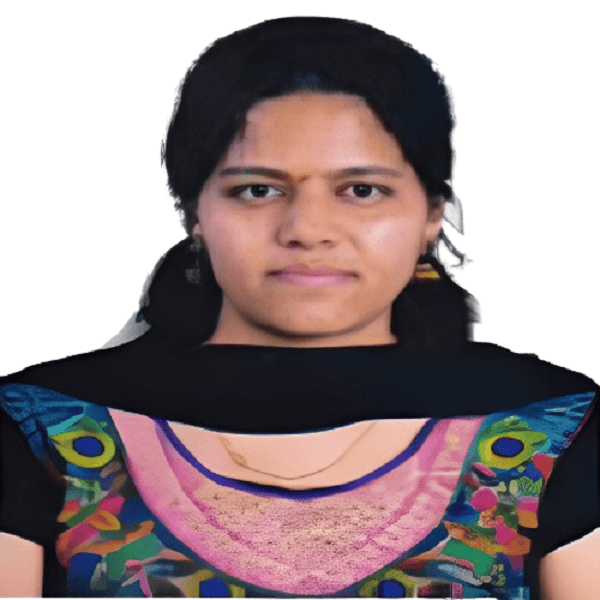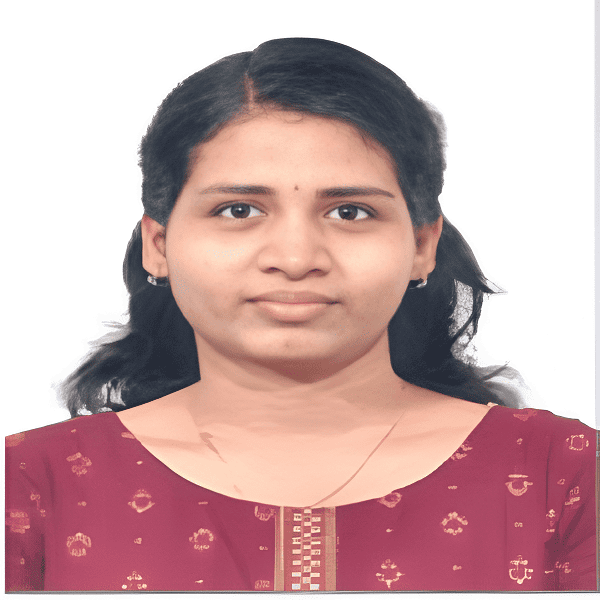Patient care services
Outpatient services
The outpatient department functions from Monday to Saturday with speciality clinics designated on specific days. A dedicated team of well-qualified, competent residents and consultants are available round the clock to cater to emergencies.
Speciality clinics include Retina, Cornea, Glaucoma, and Oculoplasty. Each year the Department sees nearly 32,000 patients and performs 3090 surgeries on an average.
The diagnostic facilities include Zeiss slit lamp biomicroscopes, non-contact tonometers, Humphrey automated perimetry, mydriatic and non mydriatic fundus cameras, Spectral Domain Optical Coherence Tomography (SD-OCT), ultrasound A and B scans.

Surgical services
There are 30 beds in general category in the ophthalmology ward. The Ophthalmology operation theatre has 3 high end operating microscopes with state-of-the-art equipment, which help trainees and faculty perform surgeries with precision and ease. We routinely perform intraocular and extraocular procedures. Intraocular surgeries such as phacoemulsification for cataract, manual small incision cataract surgery, pterygium excision with CLAG, trabeculectomy for glaucoma,lacrimal sac and lid surgeries are done regularly.
Retinal surgery
Diabetic retinopathy: retinal lasers, endolaser, intravitreal injections, microincision vitrectomy surgery, complex retinal detachment surgery
- Retinal breaks and tears: Barrage laser
- Macular edema/ degeneration : Intravitreal injections
- Retinal detachment surgery with silicone oil injection and scleral buckling
- ILM peeling for macular holes
- ROP screening and treatment with lasers and surgery
- Complications of cataract surgery -lens/ IOL drop, endophthalmitis
- Management of posterior segment trauma

Corneal surgery
Keratoplasty (corneal transplantation) The Department is registered with the EBAI (Eye Bank Association of India) for this purpose. Our eye bank functions 24/7. It is recognised both for eyeball retrievals and corneal transplant surgery (keratoplasty).
Orbit and Oculoplasty Surgeries
Lacrimal: Dacryocystorhinostomy with intubation, canalicular repair with stenting. Lid: LPS recession with scleral graft for lagophthalmos, lid scar release and graft, lid tumours excision and reconstruction, ptosis, ectropion, entropion, lid repair following trauma. Orbital: Enucleation/evisceration with implant, orbital tumour excision. Injection Botulinum for therapeutic purpose etc.
Lasers
The laser room houses various Zeiss laser machines - Nd Yag and green laser for Capsulotomy, iridotomy and retinal photocoagulation for Retinovascular diseases such as diabetic retinopathy and retinopathy of prematurity.
Outreach Programme
We have an active outreach programme and screening camps are held in remote villages to screen patients for potentially blinding ocular diseases like cataract, diabetic retinopathy, glaucoma with our fully equipped mobile van. It has a portable slit lamp, non-mydriatic fundus camera, tonopen and indirect ophthalmoscope.

Teaching
Undergraduate (UG) training : The institute admits 150 students every year. They rotate in ophthalmology during their sixth and seventh semester. A structured teaching programme is in place for their training. Newer education methods including objective structured clinical education (OSCE) are utilised and skill based training is imparted.
Postgraduate (PG) training : Postgraduate training in MS Ophthalmology began in 2008 and is recognised by the NMC. 3 postgraduate students are admitted each year. 24 doctors have been trained so far. Residents are involved in clinical work, hands on surgery including phacoemulsification, presentation of cases, seminars, journal clubs and dissertation projects. They regularly take part in CME meetings. A fully equipped wet lab helps residents enhance their surgical skills.

Research
There are many on going research projects at postgraduate and faculty level with 25 publications in the last 3 years in indexed and peer reviewed journals. The faculty and residents have presented papers in conferences at state, national and international levels. The department also encourages undergraduate research by ICMR- STS projects.
Meet our Doctors
Ophthalmology




















